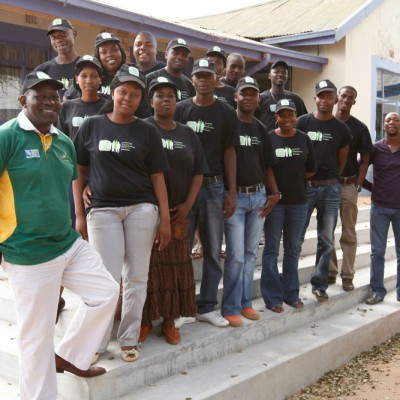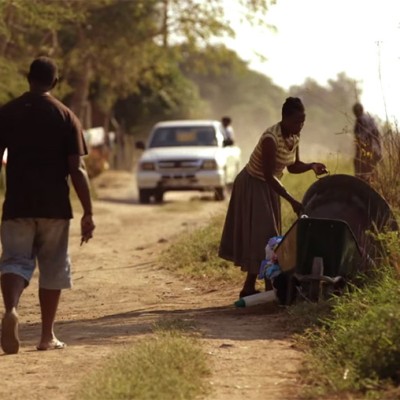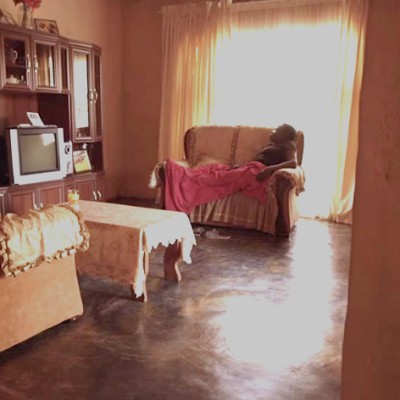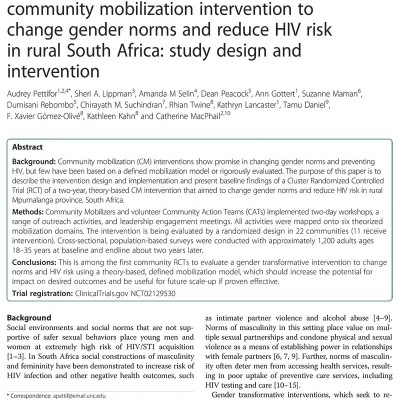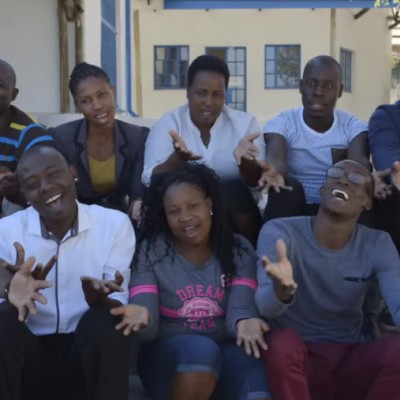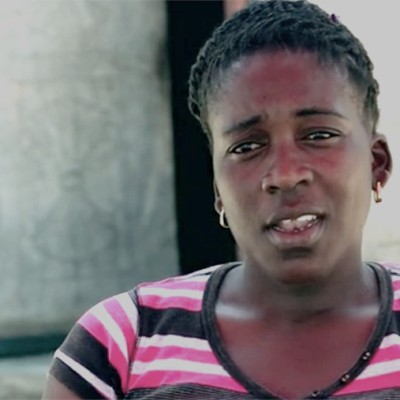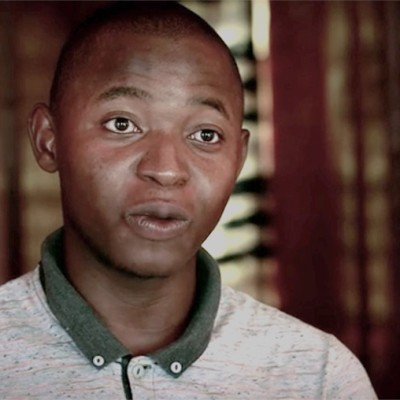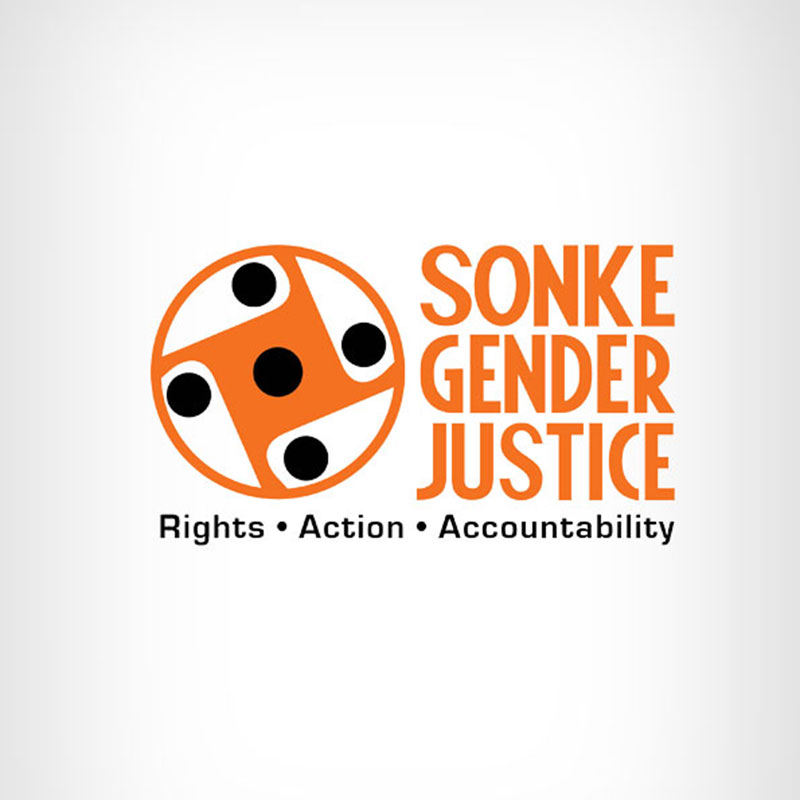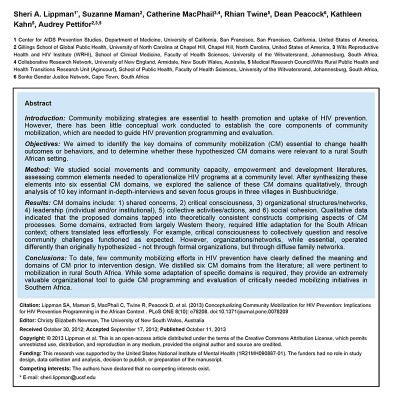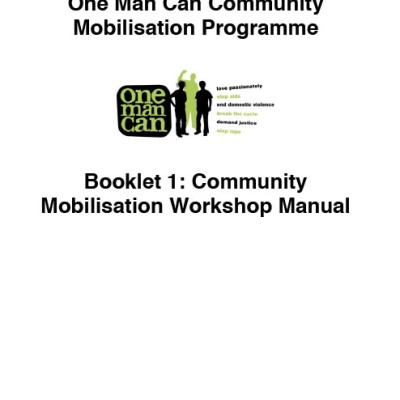Sonke’s One Man Can (OMC) project in Bushbuckridge (BBR), Mpumalanga, forms part of a three-year randomised control trial (RCT) undertaken by Sonke, the University of Witwatersrand, the University of California, San Francisco (UCSF)’s Centre for AIDS Prevention Studies, and the University of North Carolina (UNC), in order to evaluate the extent to which Sonke’s OMC community mobilisation (CM) model can reduce levels of violence and ultimately reduce the levels of HIV infection amongst young women.
Male-focused community social mobilisation efforts that aim to create safer spaces for young women have not yet been rigorously evaluated. This groundbreaking study is providing an opportunity to examine the process and effects of a CM intervention focused on young men (aged 18-35), while also providing an opportunity to examine the effects of the mobilisation intervention in general.
For this evaluation, half of the communities (11) were randomised to receive the community mobilisation interventions, while the 11 other communities are serving as comparison communities. Community mobilisation activities include workshops, door-to-door campaigns, soccer matches, street theatre, murals, video screenings, discussions led by a trained team of community mobilisers and volunteers, and a vibrant Community Action Team (CAT) model.
The primary objectives of the project are as follows:
- To determine whether young people, aged 18-35, living in villages that are randomised to a mobilisation intervention focused on young men, demonstrate positive changes in gender norms compared with young people living in villages that are not randomised to mobilisation.
- To determine whether young women who are randomised to receive cash transfers, conditional on school attendance, and who live in villages that are receiving the mobilisation intervention targeting young men to change gender norms, have a lower incidence of HIV and HSV-2 (Herpes Simplex Virus Type 2) over time, compared with young women who are not receiving either of these interventions.
On average, the project has been reaching and educating over 48,000 people per year with OMC campaign interventions since it started in 2012. A baseline survey was conducted in 2012 and the end-line survey began at the end of 2014. The results of this RCT will be finalised between July and August 2015.

